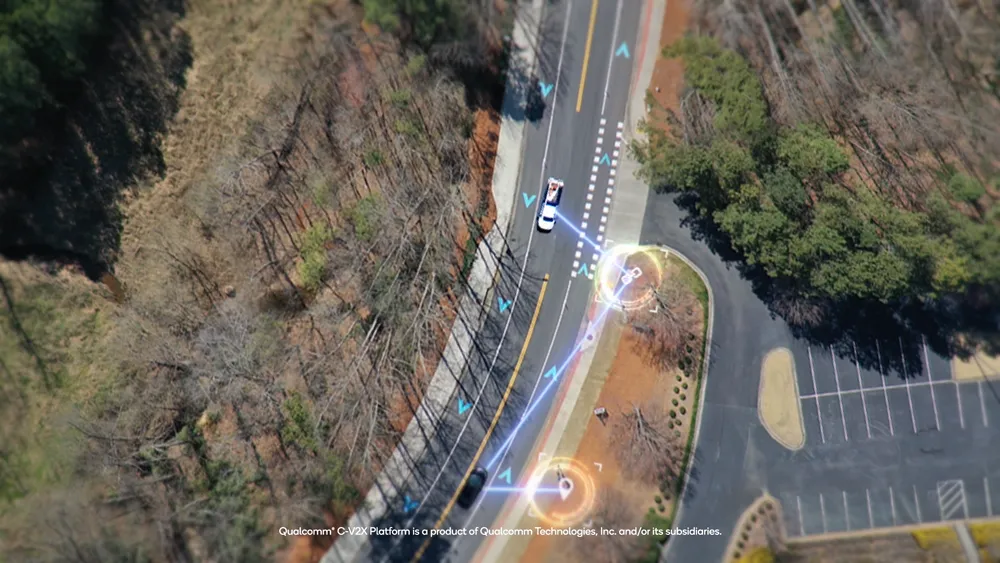
The UN Global Road Safety Week is calling on policymakers to limit speeds to 30 km/h (20 mph) on streets where pedestrians and cyclists mix with traffic.
Various international bodies, including the World Health Organisation (WHO), Child Health Initiative and International Road Federation (IRF) have written open letters in support of the international safety campaign, which runs until 23 May.
More than 1.3 million people die in road traffic crashes every year, and WHO insists excessive speed is at the core of the road traffic injury problem, with one in three deaths on the roads in high-income countries attributed to speed.
Child Health Initiative global ambassador Zoleka Mandela says: “We want low speeds, we want liveable streets, and communities where we can walk safely, where our children can get to school unharmed. We call for 30 km/h speed limits. Above 30 is a death sentence.”
Mandela – the granddaughter of Nelson Mandela – lost her 13-year-old daughter Zenani in a road traffic crash in South Africa in 2010.
Dr Tedros Adhanom Ghebreyesus, WHO director general, says: “We need a new vision for creating safe, healthy, green and liveable cities. Low-speed streets are an important part of that vision. As we recover and rebuild from Covid-19, let’s make safer roads for a safer world.”
Since early 2020, mobility has decreased overall due to Covid-19 lockdowns and people working from home.
This has led to fewer road traffic crashes, but WHO points out that fatality numbers have not decreased in the same proportion because people drive at higher speeds.
The UN's call for 30km/h speed limits in cities worldwide highlights the need to achieve the target of the Decade of Action for Road Safety 2021-2030.
This is in line with the February 2020 Stockholm Declaration on Road Safety, which underscores that efforts to reduce speed have a beneficial impact on air quality and climate change as well as being vital to reduce road traffic deaths and injuries.
The UN's position is based on studies in London (UK), Graz (Austria) and Toronto (Canada) which indicated that 30 km/h speed limits and zones yielded reductions in road traffic crashes and deaths.
How do 30km/h limits keep us safe?
Evidence shows that 30 km/h streets where people mix with traffic not only save lives, but also promote walking, cycling and a move towards zero-carbon mobility, it says.
A WHO document on managing speed suggests including traffic-calming features, establishing speed limits appropriate to the function of each road and installing in-vehicle technologies.
The IRF says now is the time to reduce speed, while designing roads that address the needs of all road users and enforce traffic speeds that are safe for everyone.
Around 3,000 children and young people are killed or seriously injured on the world’s roads every day, the federation adds - but a child hit by a car at 30 km/h (20 mph) can still survive. However, an increase in average speed of 1 km/h results in a 3% higher risk of a crash and a 4–5% increase in fatalities, IRF says.
It is also urgent for the rights of people with disabilities and the elderly because safe roads create a more inclusive public space for all.








